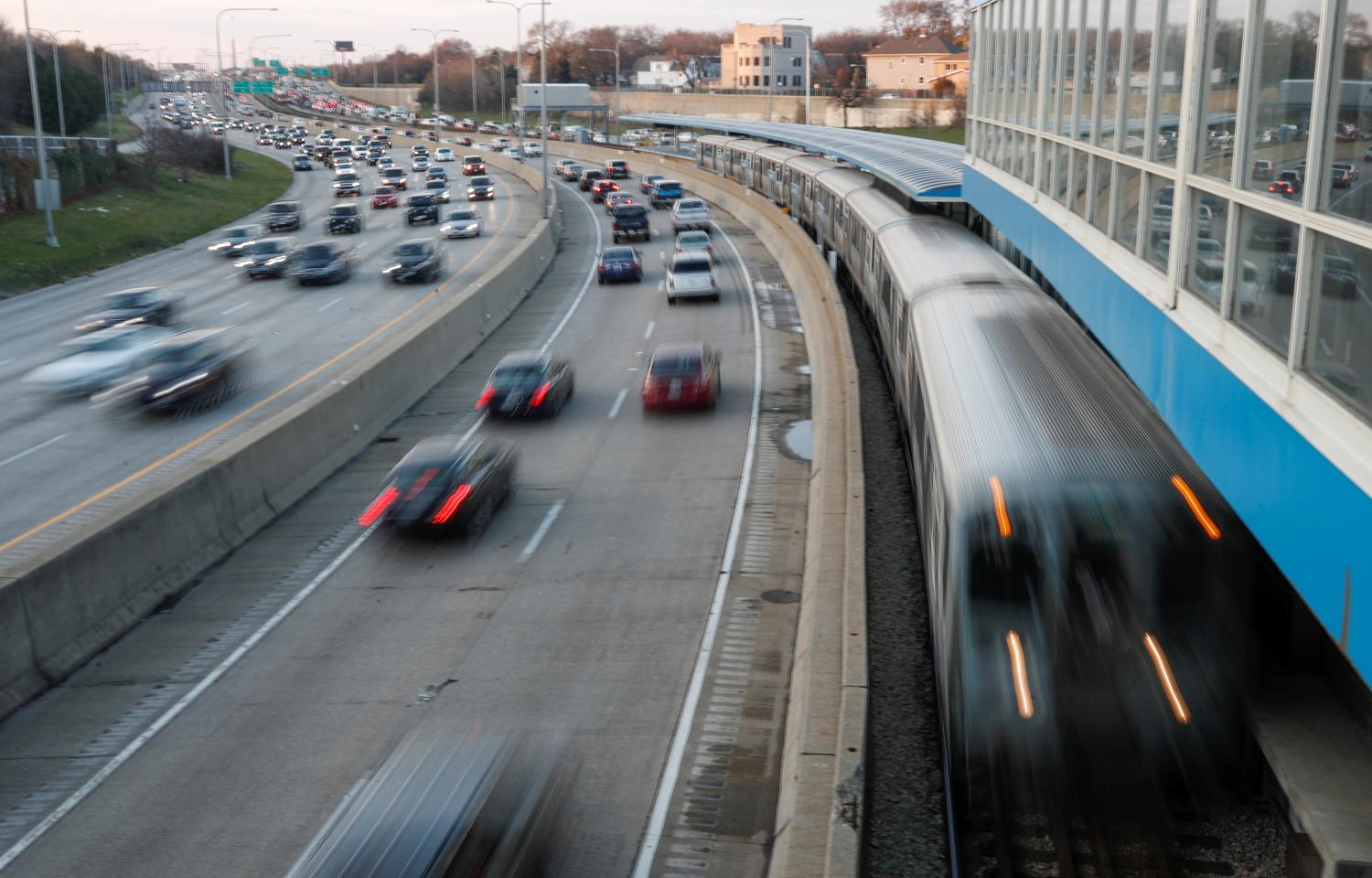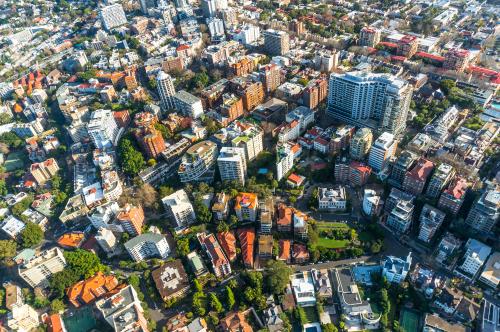Many countries are experiencing significant traffic problems as their rural and suburban populations move to cities. As urban areas grow in density, vehicular congestion, poor urban planning, and insufficient highway designs have contributed to accidents and the loss of life, time and money spent commuting, and lost productivity and economic growth. The cost of traffic congestion alone is estimated to be greater than $200 billion in four Western countries: France, Germany, the United Kingdom, and the United States.
But the good news, as illustrated by this report, is that recent advancements in computing, network speed, and communications sensors make it possible to improve transportation infrastructure, traffic management, and vehicular operations. Through better infrastructure, ubiquitous connectivity, 5G (fifth generation) networks, dynamic traffic signals, remote sensors, vehicle-sharing services, and autonomous vehicles, it is possible to increase automotive safety, efficiency, and operations. Connected vehicles are moving beyond crash notification and lane changing guidance to offer a variety of services related to maintenance, operations, and entertainment. 5G networks will enable a shift in cellular technology from supporting fixed services to communication and data exchange that is machine-based.
These new capabilities enjoy broad support in parts of the world. In China, a recent survey found that 74 percent favored “the rapid introduction of automated driving in their country.” However, in other countries, public responses are more cautious. For example, only 33 percent of Germans and 31 percent of Americans supported the rapid expansion of autonomous vehicles in their nations. Residents in the latter countries are more attached to their cars and therefore less eager to embrace automated driving.
In this report, Yuming Ge, Xiaoman Liu, Libo Tang, and Darrell M. West look at several developments with the potential to turn current systems into smart transportation networks. These include intelligent infrastructure, traffic management improvements, human-machine interactive systems, vehicle safety, and security advancements. They review these innovations, examine the policy, legal, and regulatory issues associated with them, and close by making recommendations regarding ways to improve smart traffic operations. They argue that taking action on infrastructure investment, network construction, regulations and standards, privacy protection, cybersecurity, navigational systems, cloud and big data solutions, and international cooperation will yield tremendous benefits for the transportation sector.



